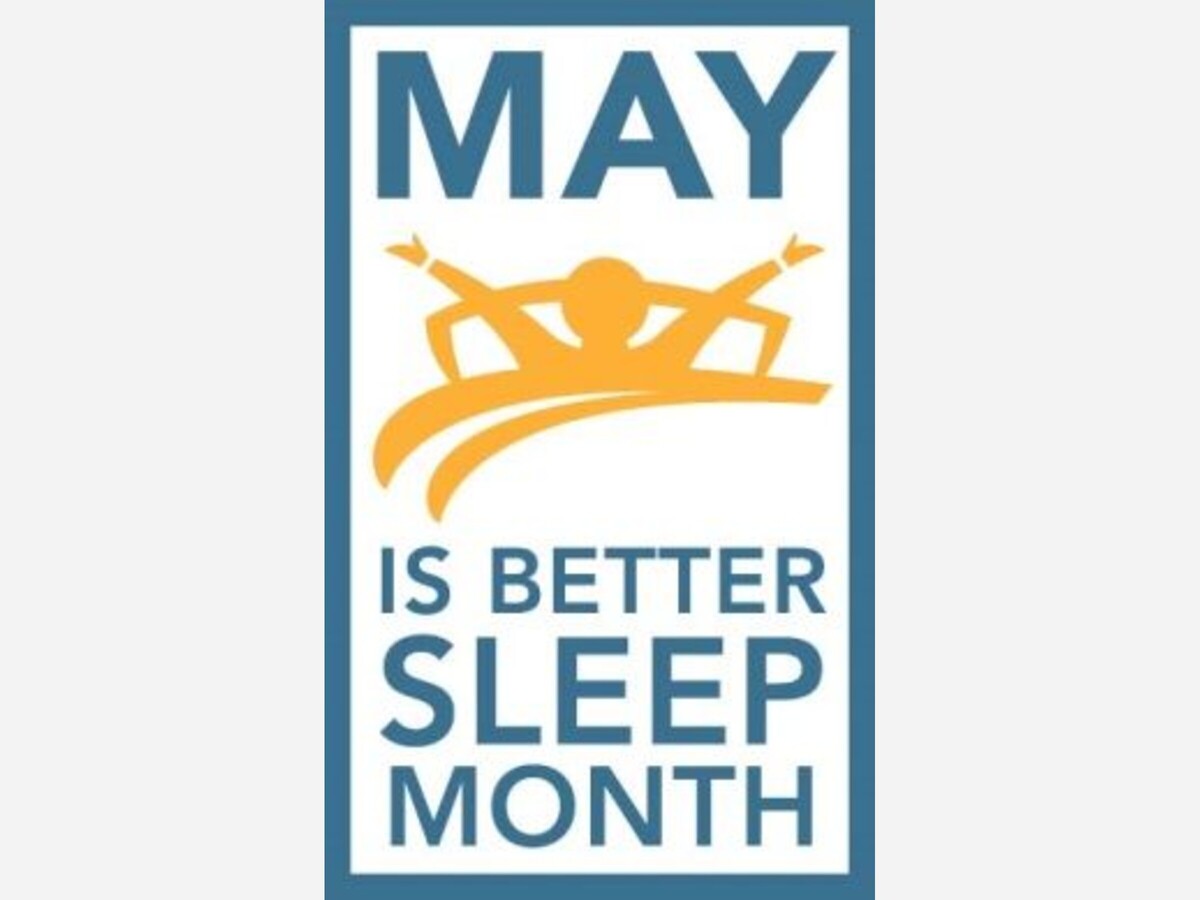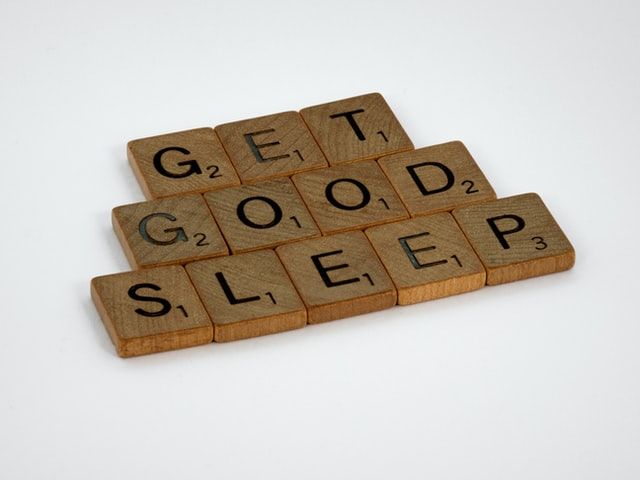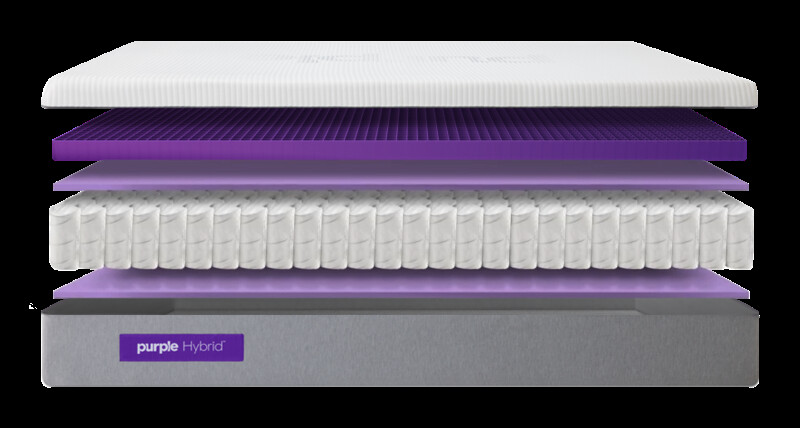Image


May is Better Sleep Month
How rested do you feel when you get out of bed in the morning? If your answer is “marginally” or “not at all,” then it’s time to hit the reset button on your bedtime routine. May is known as Better Sleep Month, an important recognition introduced by the Better Sleep Council to help people focus on improving their sleeping habits.
Sleeping well at night is integral to your ability to function well during the day. To encourage better “self health” this month, make sure to check out the sleep statistics below. Learn more tips on the importance of sleep, how to know if you’re getting enough sleep, and how to get better sleep.
How Common is it to Struggle with Sleep?
When you’re tossing and turning in between the sheets at night, it may help to take solace in the fact that you are not alone. In fact, the US Centers for Disease Control and Prevention (CDC) reports that one in three adults gets less than the recommended amount of sleep each night. For adults ages 18 to 64, experts suggest getting 7 to 9 hours of nightly sleep. Children need more sleep for their development, and older adults may need slightly less, with a recommended of 7 to 8 hours a night.
Short sleep duration is not a sleep disorder, per se, but if you’re not sleeping well, your sleep architecture becomes more vulnerable to disruption. Formal sleep disorders, such as insomnia, narcolepsy, restless legs syndrome (RLS), and sleep apnea, affect 50 to 70 million Americans yearly.
Why Are Sleep and Rest So Important?
Sleep is a pillar of health. During sleep, your brain and body reset and initiate recovery cascades that simply cannot proceed while you are awake. When you’re not sleeping, you can feel the effects fast. Sleep deprivation can make you feel groggy in the short term and affect your cognitive function, memory, mood, and energy level. It can also make you more vulnerable to dangerous situations like traffic accidents.
However, the importance of sleep transcends the short-term effects that you face after a single night of poor sleep. Chronic sleep deprivation can make you more vulnerable to a host of common chronic illnesses and health conditions, such as high blood pressure, cardiovascular disease (including heart attack and stroke), and diabetes. Chronic sleep deprivation also negatively impacts your immune system, making it easier for you to get sick and harder for your body to fight off invaders.
How to Know if You Are Getting Enough Sleep
If you’re getting enough sleep, you likely will not be thinking about your sleep. You will probably wake up feeling well-rested and able to function at an optimal level throughout your day. You may even find that you wake up in the morning at a predictable time without the need for an alarm clock. If you’re getting enough sleep, you will probably not feel cognitively slowed, groggy, tired, moody, or dependent on caffeine to get through your daily activities. You also may not experience physical symptoms such as puffy eyes, dark eye circles, or yawning.
3 Tips on How to Get Better Sleep
Sometimes all it takes to get into a better sleeping routine is a gentle nudge. To get your regular “zzz” sessions back on track, make sure to review the following three sleep tips.
If you’re ready to revamp your sleep routine this May, make sure to visit the American Academy of Sleep Medicine (AASM) page on healthy sleep habits for even more tips.
We Didn’t Break the Mold.
We Created a Brand-New One.

Our injection-molded GelFlex Grid is so effective, it’s been used in hospital beds for critical patients for more than 20 years. Now it’s your turn to experience its next-level comfort.
Reinventing the Way We Sleep
Purple holds more than 30 patents for cushioning technology; the Grid is made from our proprietary GelFlex polymer, the Purple Grid uses a repeating geometric structure to create cushioned comfort while maintaining support. It’s truly unlike anything you’ve ever felt.
We Improve Sleep by Never Disrupting It
Our GelFlex Grid, instantly adapts as you move, reconfiguring itself to support any position your body takes. There’s no lag time or interruption of that blissful floating feel, so you can roll, shift, or sleep-shimmy to your heart’s desire.
Softness or Support?
You Don’t Have to ChooseThe Purple GelFlex Grid is engineered to be both soft and supportive – because that’s what your body needs. Its unique design creates hundreds of columns that work together to support broad surfaces like your back, but give way under concentrated weight to gently cradle areas like shoulders and hips.
The result is an instantly adapting mattress surface that offers the ideal level of support from head to toe.

Doesn’t Trap Body Heat
Unlike memory foam, the GelFlex Grid doesn’t trap body heat. As a result, our mattresses can maintain a comfortable temperature all night long.
With over 1400 individual air channels the GelFlex grid dissipates excess body heat, drawing it away from you so you never sleep hot!